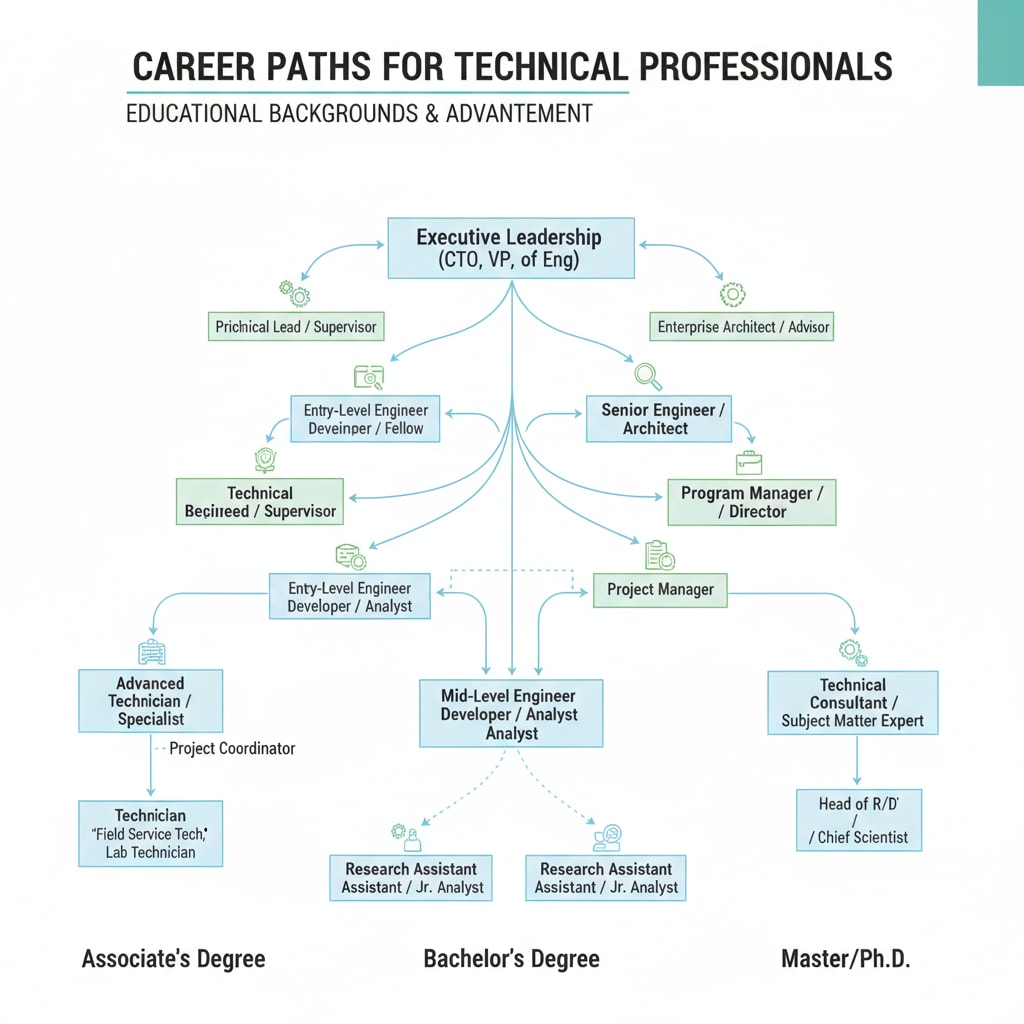Master’s degree, employment choices, and career planning are significant concerns for fresh technical bachelor graduates as they stand at the crossroads of their professional lives. The decision between further education and entering the workforce immediately can shape their future trajectories. Let’s explore this complex decision – making process from multiple perspectives.

Financial Independence Considerations
One of the primary factors influencing the choice between a master’s degree and employment is the pursuit of financial independence. When a graduate decides to enter the workforce right away, they start earning a regular income. This immediate financial inflow allows them to cover their living expenses, pay off student loans, and begin building a financial foundation. For example, according to the Bureau of Labor Statistics, many entry – level technical positions offer competitive starting salaries. This financial stability can provide a sense of security and freedom.
However, choosing to pursue a master’s degree often means taking on additional debt or sacrificing potential earnings during the study period. Tuition fees for master’s programs can be substantial, and the cost of living during this time also adds up. But in the long run, a master’s degree may lead to higher – paying job opportunities. As stated on Indeed’s career advice page, certain technical fields see a significant salary bump for professionals with a master’s degree compared to those with only a bachelor’s degree.
Career Development Prospects

Career development is another vital aspect of this decision. Entering the job market directly after graduation allows graduates to gain practical work experience early. This hands – on experience can be invaluable, as it helps them develop skills that are highly sought after by employers. They can start building their professional network, which is essential for career growth. In some cases, companies may even offer in – house training and advancement opportunities for talented entry – level employees.
On the other hand, a master’s degree can open doors to more specialized and senior – level positions. In technical fields such as software engineering, data science, and engineering management, many advanced roles require a higher level of education. A master’s program provides in – depth knowledge, research opportunities, and exposure to the latest industry trends. This can give graduates a competitive edge in the job market and enable them to pursue more challenging and rewarding career paths.
Ultimately, the decision between a master’s degree and immediate employment depends on an individual’s long – term career goals. Some may aim for quick entry into the workforce and climb the corporate ladder through experience, while others may see a master’s degree as a necessary step to reach their desired positions. By carefully considering these factors, technical bachelor graduates can make a more informed choice that aligns with their career aspirations.
Readability guidance: This article uses short paragraphs to present key points clearly. The lists help summarize important factors. Passive voice is used sparingly, and transition words like “however” and “on the other hand” are used to make the flow smooth.


